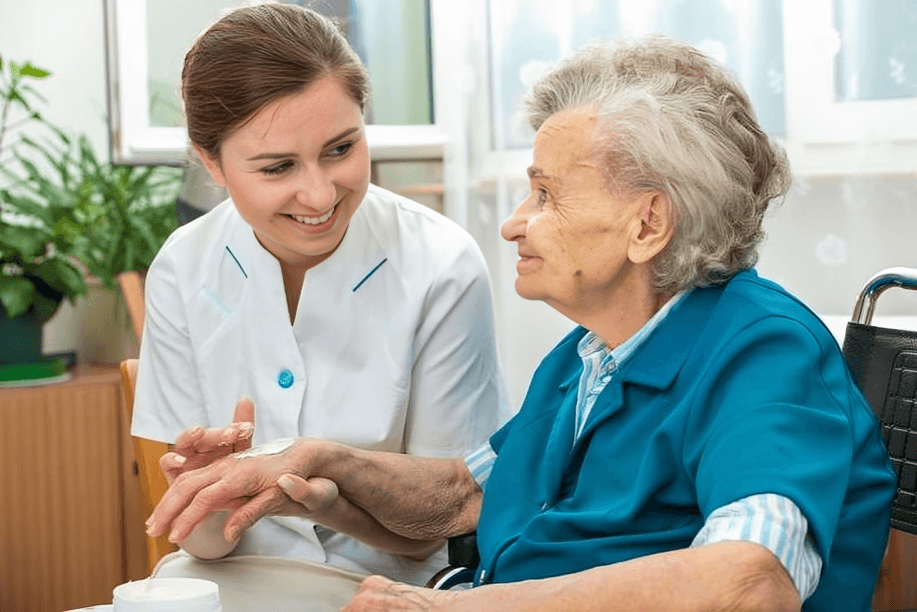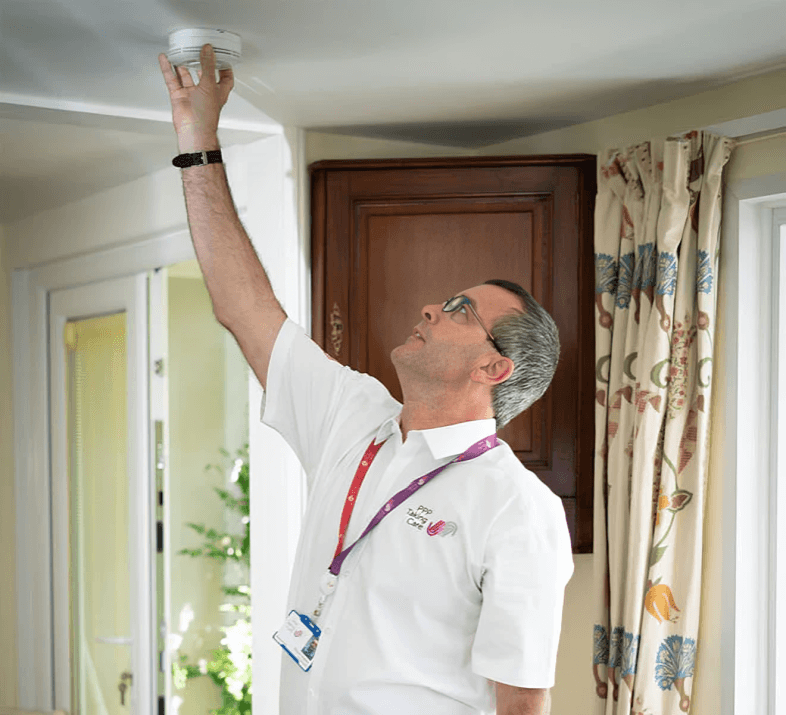
“
The role of caregivers in senior health management is a critical pillar in promoting the well-being of aging individuals. Caregivers—whether family members, professionals, or volunteers—play a vital part in supporting daily activities, administering medications, monitoring health conditions, and offering emotional stability. 1
1
1
1
1
”
Caregivers often manage complex medication routines, ensuring proper dosages and timing, which significantly lowers the risk of adverse drug interactions among seniors with chronic illnesses. 1
Emotional support from caregivers reduces feelings of loneliness in seniors, which is linked to a lower risk of cognitive decline, depression, high blood pressure, and even premature death. 2

Studies show that seniors with involved caregivers are 30% more likely to attend regular check-ups, leading to earlier diagnoses and more effective management of age-related health conditions.
Caregivers help seniors adhere to dietary restrictions and nutritional plans, which is crucial for controlling diabetes and hypertension and maintaining a healthy body weight in older adults. 3
Physical activity guided by caregivers, such as walking or light stretching, supports joint flexibility, cardiovascular health, and mobility, reducing the risk of falls and hospital visits. 4
Professional caregivers are trained to identify signs of abuse, neglect, or sudden changes in mood, playing a key role in ensuring the safety and mental health of elderly individuals. 5
Seniors with caregivers receive more consistent hygiene care, including bathing and grooming, which reduces the risk of infections and improves self-esteem and overall quality of life. 6
Caregivers assist in using assistive devices like walkers, hearing aids, or blood pressure monitors, helping seniors stay independent and manage their health more effectively at home. 7
Many caregivers coordinate transportation for seniors to attend appointments, social events, or therapy sessions, which prevents isolation and encourages community participation. 8

In palliative or end-of-life care, caregivers offer comfort, dignity, and emotional support to seniors and their families, reducing stress during an emotionally intense time.
Caregivers often detect early warning signs of dementia, such as forgetfulness or mood changes, leading to earlier interventions and better planning for long-term care. 9
Seniors receiving caregiver support experience shorter hospital stays and are less likely to be readmitted, indicating the value of consistent at-home care in recovery processes. 10
Caregivers assist seniors with memory exercises, puzzles, or storytelling, stimulating cognitive function and delaying mental decline associated with Alzheimer’s or other memory disorders. 11
Effective caregivers use personalized care strategies that consider cultural, religious, or language preferences, which helps seniors feel understood, respected, and emotionally secure. 12
In cases of stroke or surgery recovery, caregivers assist with rehabilitation exercises, speech therapy coordination, and daily routines that speed up healing and build patient confidence. 13

Caregivers help seniors avoid health risks by managing environment safety—removing tripping hazards, checking fire alarms, and installing grab bars for safe bathroom access.
Trained caregivers recognize early signs of dehydration, UTIs, or respiratory distress, acting swiftly to prevent complications, especially in seniors who may struggle to communicate symptoms. 14
During illness or post-surgery recovery, caregivers provide companionship and practical help, creating a sense of security that encourages seniors to rest and heal without unnecessary stress. 15
Regular caregiving reduces emergency room visits by helping seniors maintain routines, stay on medications, and avoid preventable crises related to nutrition or chronic diseases. 16
Philosopher Viktor Frankl emphasized meaning in suffering; caregivers give seniors purpose and connection, offering not just physical care but companionship that enriches the last stages of life.17


